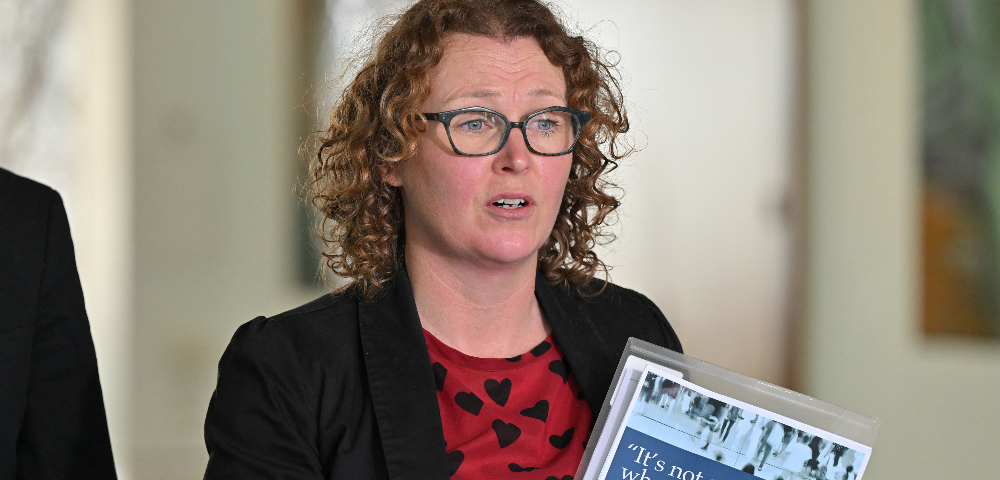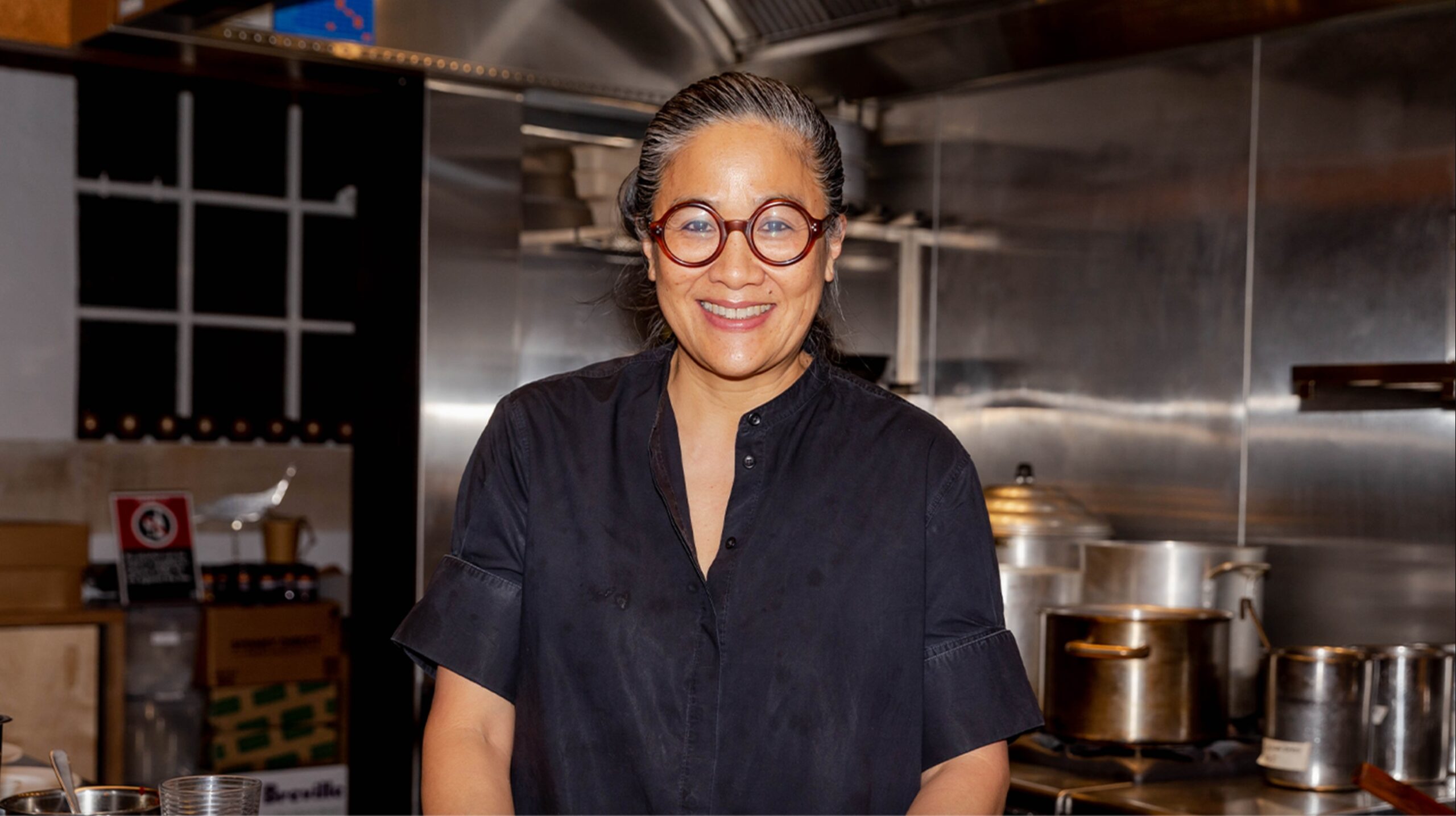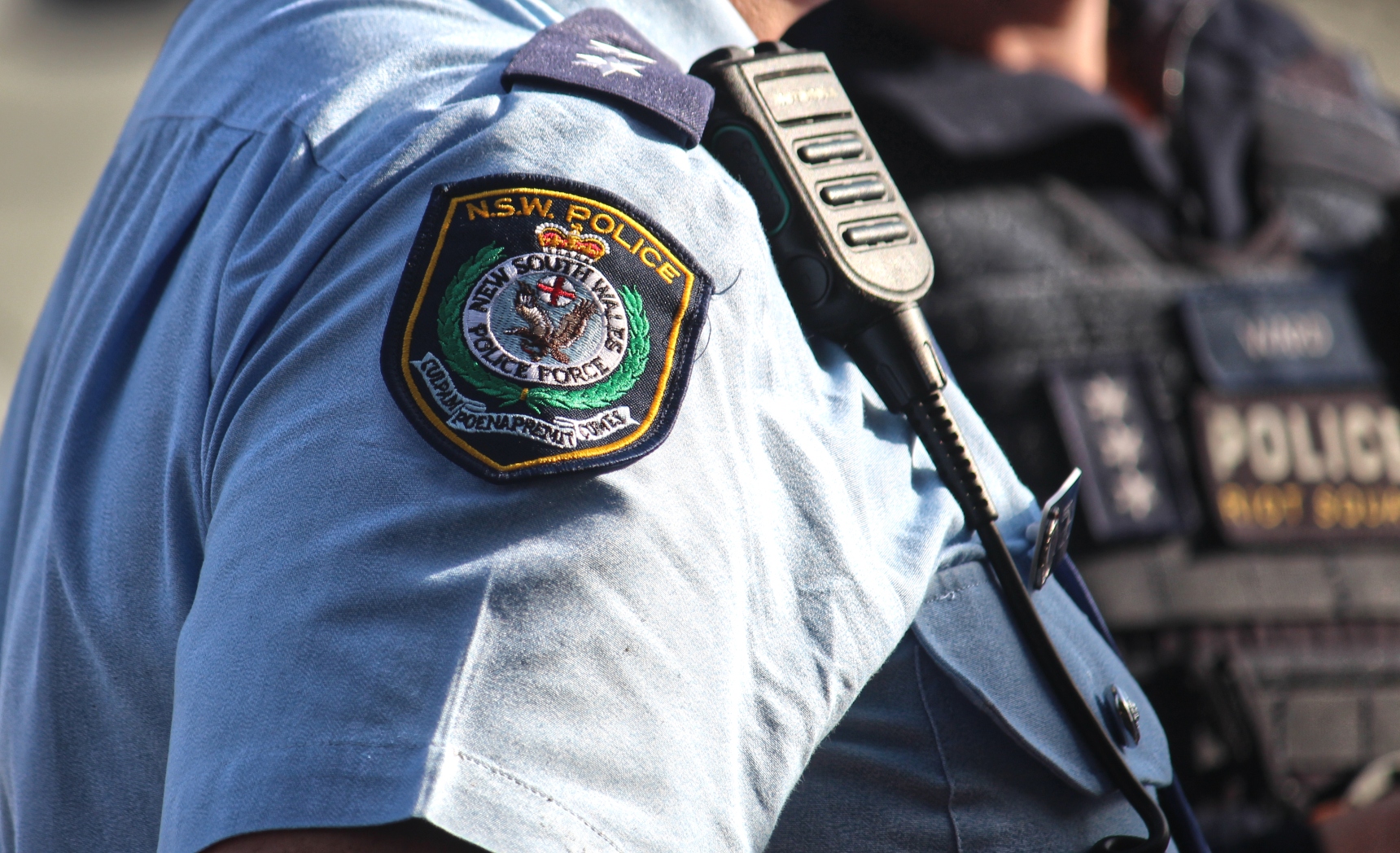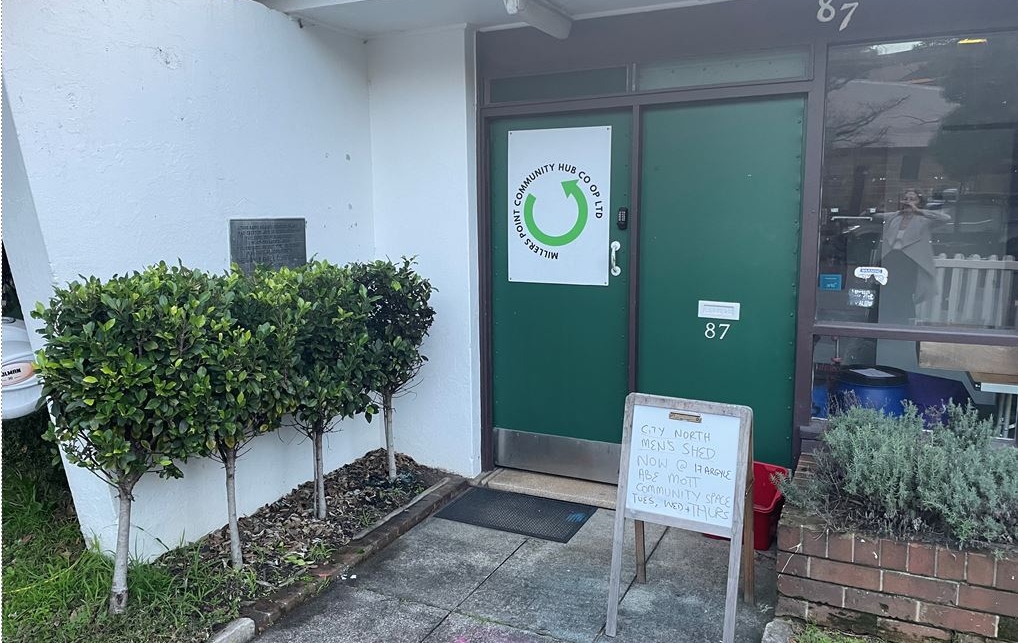

BY ROBBIE MASON
A new report by the Australian Council of Social Services (ACOSS) has painted a dire picture of life below the poverty line, revealing that those on income support payments are skipping meals, foregoing medicine, using lights and heating less and becoming increasingly socially isolated.
The research also found that the upcoming increase to welfare rates, which will start from September 20, is not enough to stop “widespread distress”.
In the May 2023 Budget, the Federal Government announced that income support payments will increase by $20 per week or $28 per week once inflation is accounted for – a jump well below what many welfare advocacy organisations including ACOSS have demanded. A Labor bill to introduce the $20-a-week welfare payment increase received significant hostility from both side of the political spectrum.
The Federal Government also signalled a 15 percent increase to Commonwealth Rent Assistance (CRA) in that budget.
ACOSS Deputy CEO Edwina MacDonald condemned the nation’s “woefully low” income support payments.
“Australia’s income support payments are among the lowest in wealthy nations and do not cover the essentials of life such as rent, energy and food, causing serious harm to those who rely on them,” she said.
“While every dollar counts, the $4-a-day increase this month will not go far at all when food, rent and clothes are getting more expensive.”
The ACOSS survey received responses from 270 people on JobSeeker payments, Youth Allowance, Parenting Payment, Austudy and Abstudy between July and August this year.
The report shows that many welfare recipients are frighteningly close to homelessness. Of those privately renting, 94 percent reported rental stress, defined by spending more than 30 percent of their income on rent. More than half of that number indicated they spend 50 percent or more of their income on rent.
Over 70 per cent of respondents said they were eating less and rationing meals, while more than 60 per cent testified that they could not afford medication or medical appointments when sick.
Almost all respondents indicated that rising living costs have affected their mental health (98 percent) and physical health (93 percent).
The report suggests a raft of changes to government policy.
ACOSS Deputy CEO Edwina MacDonald said, ““we must raise income support payments to at least the pension rate – currently $76 a day – to lift people out of poverty, improve wellbeing and support people to participate in employment and society.”
ACOSS has also called for: an increase to CRA which better reflects individual rent payments, a doubling of the CRA maximum threshold, the establishment of a $55 a week disability and illness supplement and the introduction of a single parent supplement which rises according to the age of the child.
The ACOSS report comes on the back of a host of reports which have underlined the devastating impact and flaws in Australia’s social security system.
A recent collaborative report between GetUp and the Antipoverty Centre, which demands the abolition of ‘mutual’ obligations for JobSeeker recipients, revealed that bullying, harassment, discrimination and administrative payment errors plague job service providers, This system not only harms the mental health of welfare recipients, the report argues; it also worsens their financial status.
Polling suggests that Labor may be shooting itself in the foot when it comes to welfare. At Labor’s national conference in August, ACOSS released Ipsos polling which showed that voters in three key battleground seats, targeted by the Greens, want a significant increase in JobSeeker payments. 66 per cent of Labor voters in Cooper, Wills, and Macnamara believe the September rise in the JobSeeker rate is too low.









